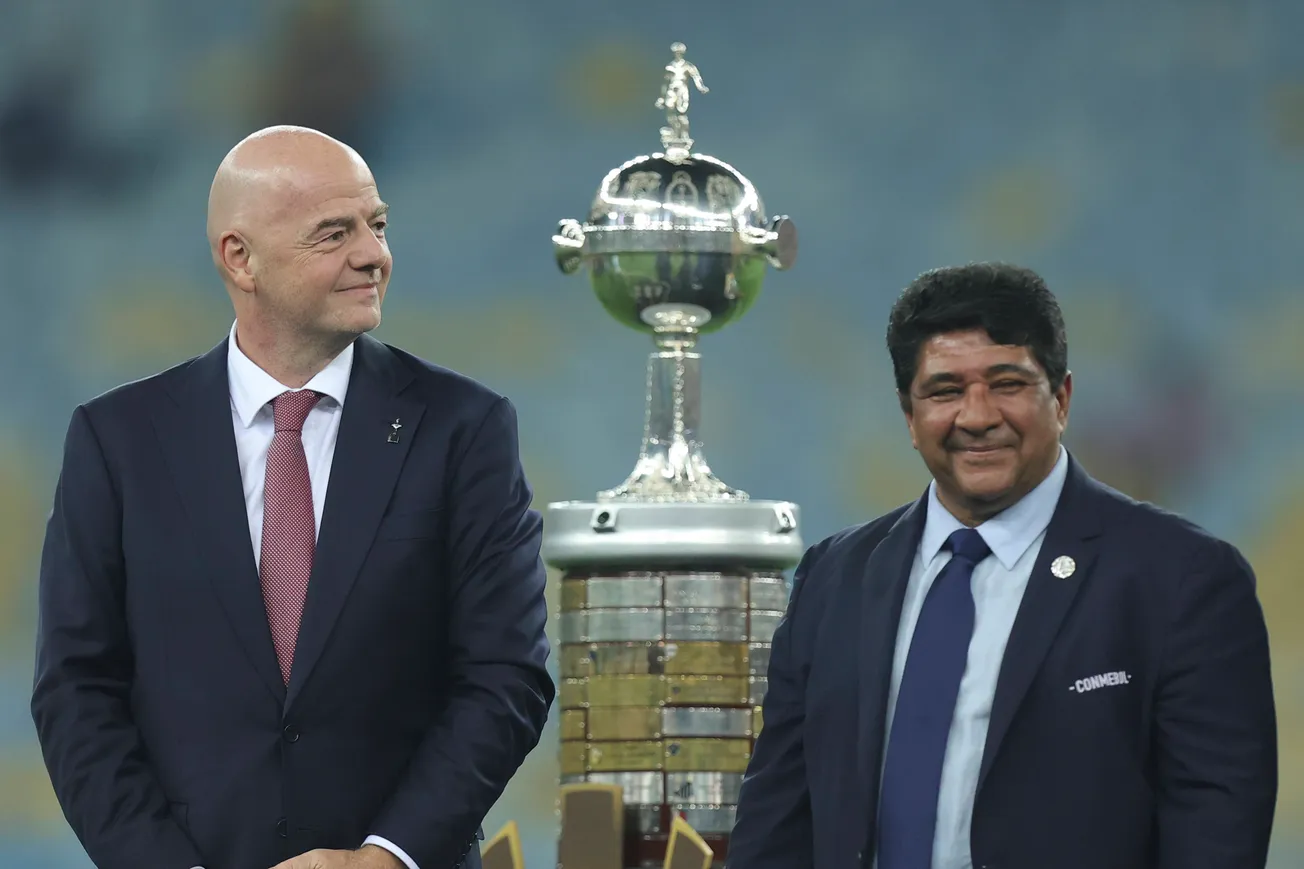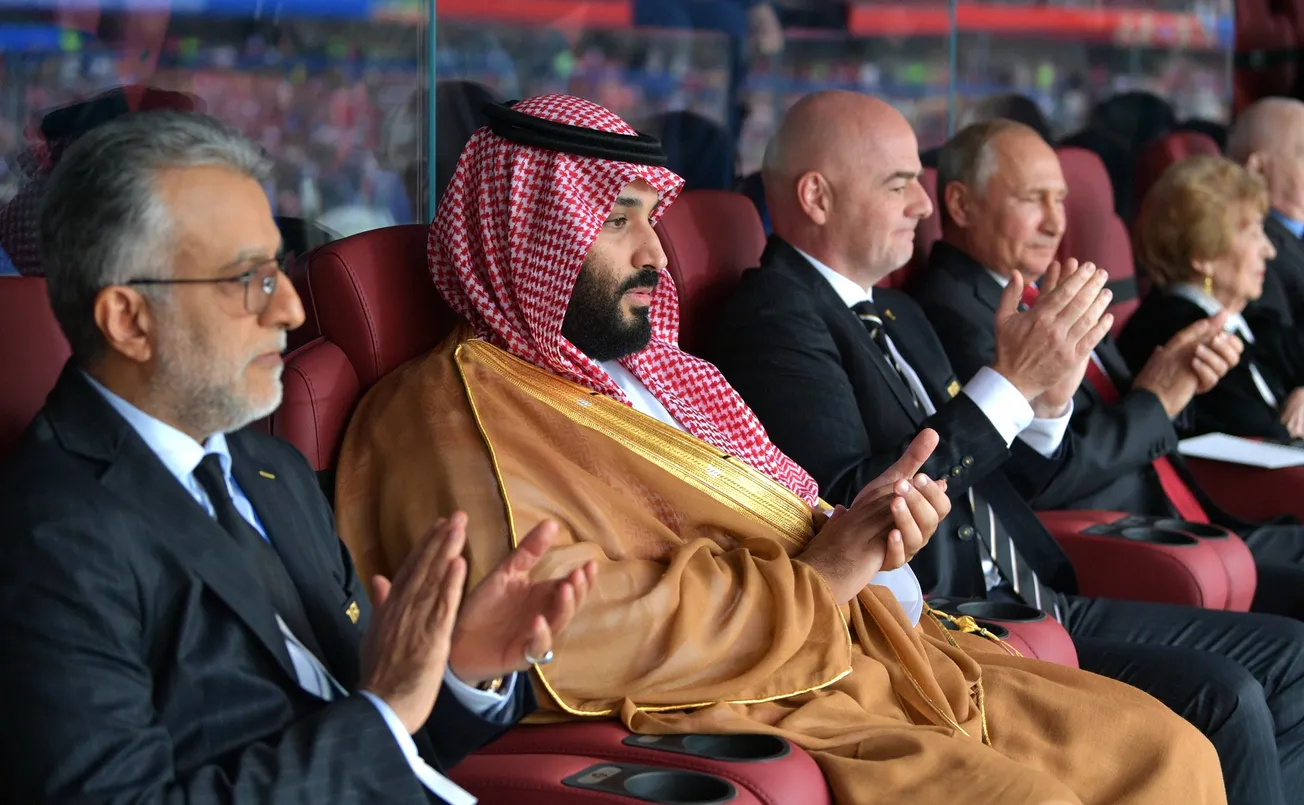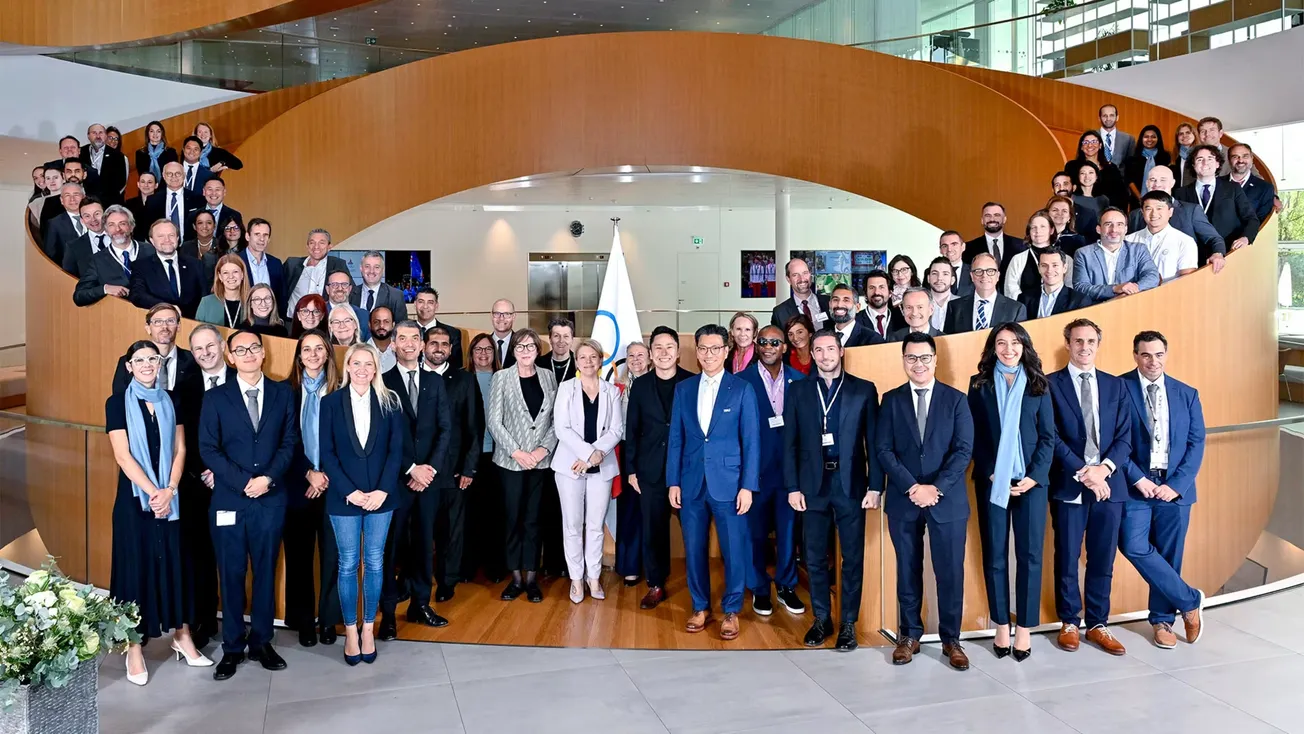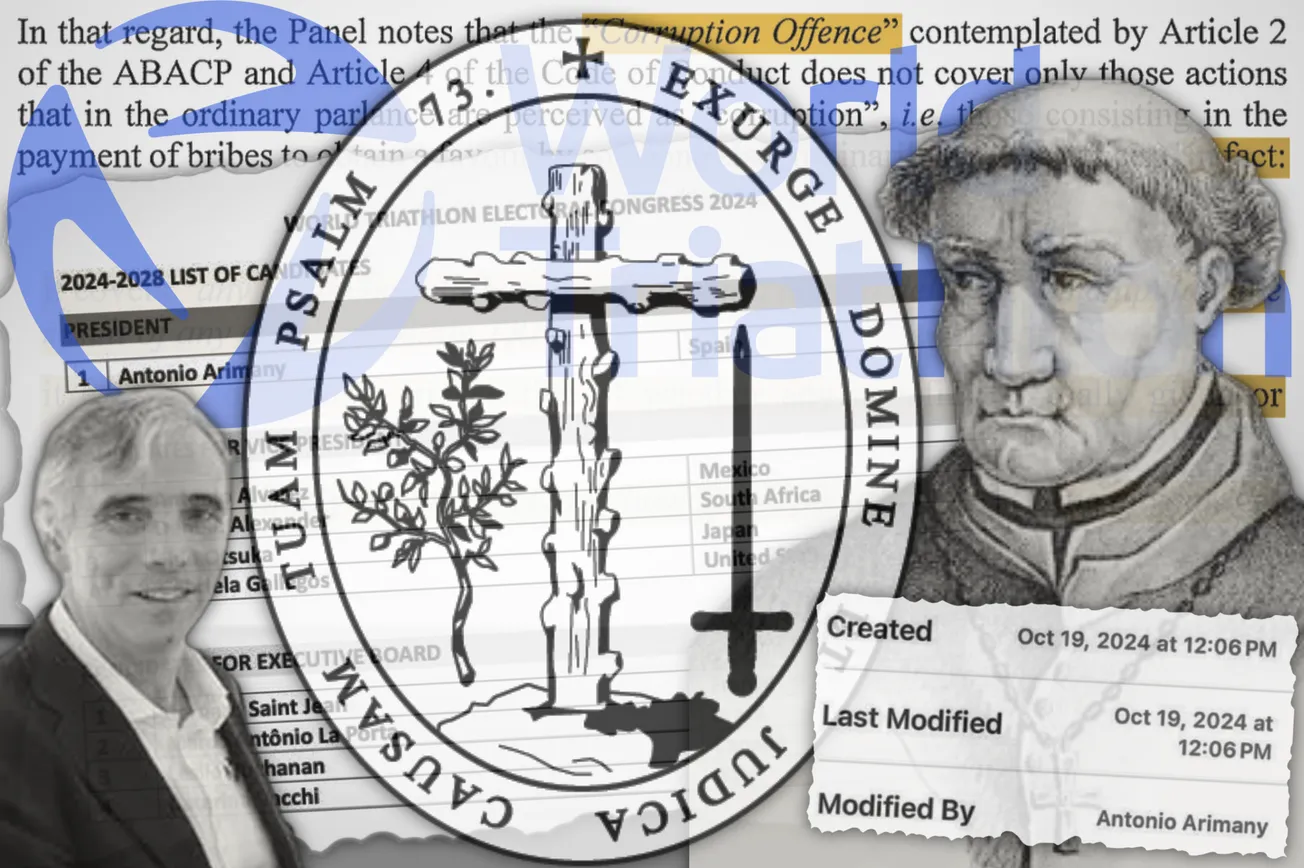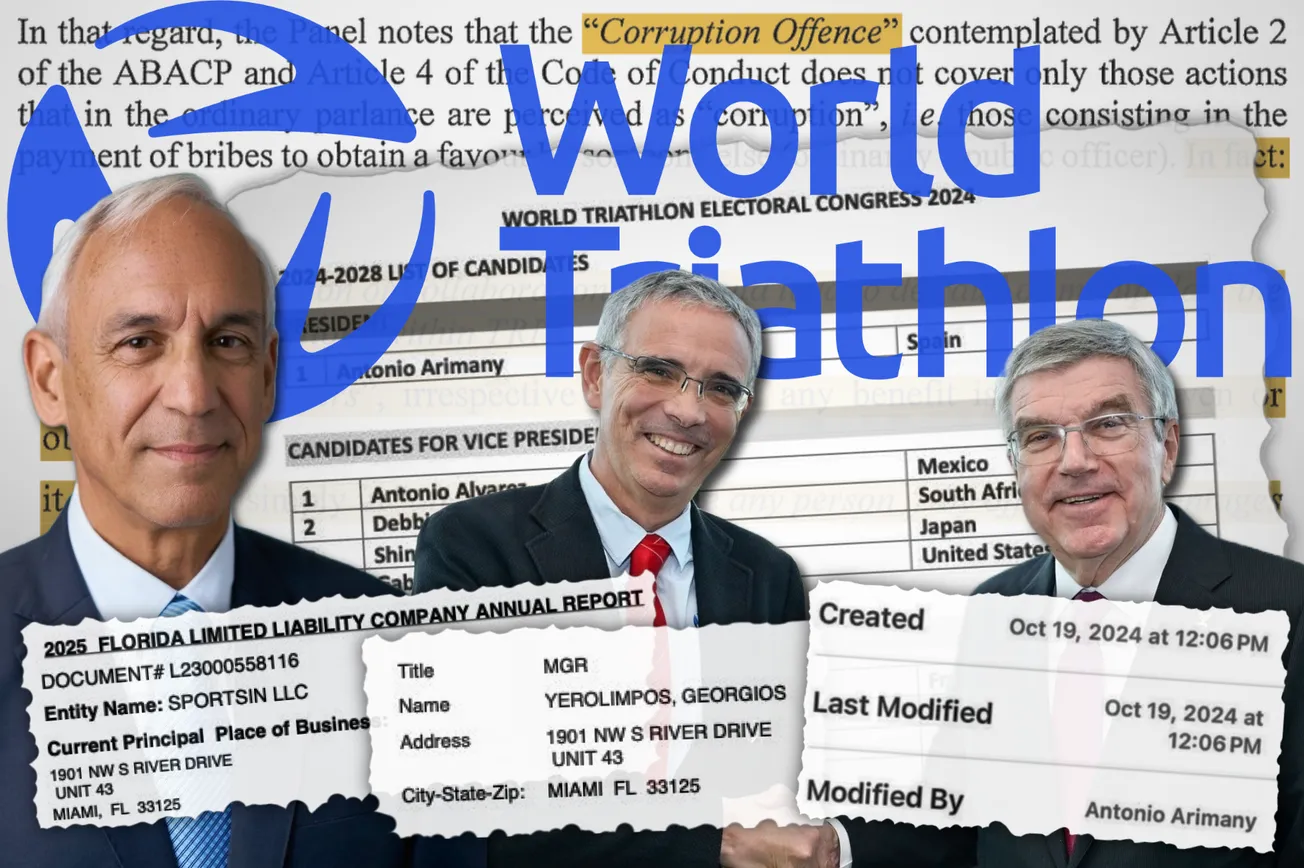Allegations of moral harassment. Allegations of sexual harassment. A Big Brother setup in the president's office with cameras spying on employees and directors. Plainclothes armed police acting on election day to intimidate political opponents. All a part of life under the current administration led by president Ednaldo Rodrigues and were all documented in legal, police, and the ethics committee records of the Confederação Brasileira de Futebol (CBF).
At the end of 2022, much of the CBF's structure and staff had temporarily moved to Qatar, where the World Cup would be held. With the headquarters in Barra da Tijuca, west of Rio de Janeiro, practically empty, Haroldo Aguiar, one of the IT managers, left his workstation and left his computer screen open on the WhatsApp page. As he passed the desk, an employee from the Infrastructure and Assets department saw three messages sent in sequence at 1.57 pm on 10 October that year:
"Hidden cameras in the restaurant".
"Send to purchasing"?
"Good afternoon".
The author of the order: Ricardo Lima, son-in-law of CBF president Ednaldo Rodrigues.
The person responsible quickly realised the extent of what he had seen and photographed the screen.
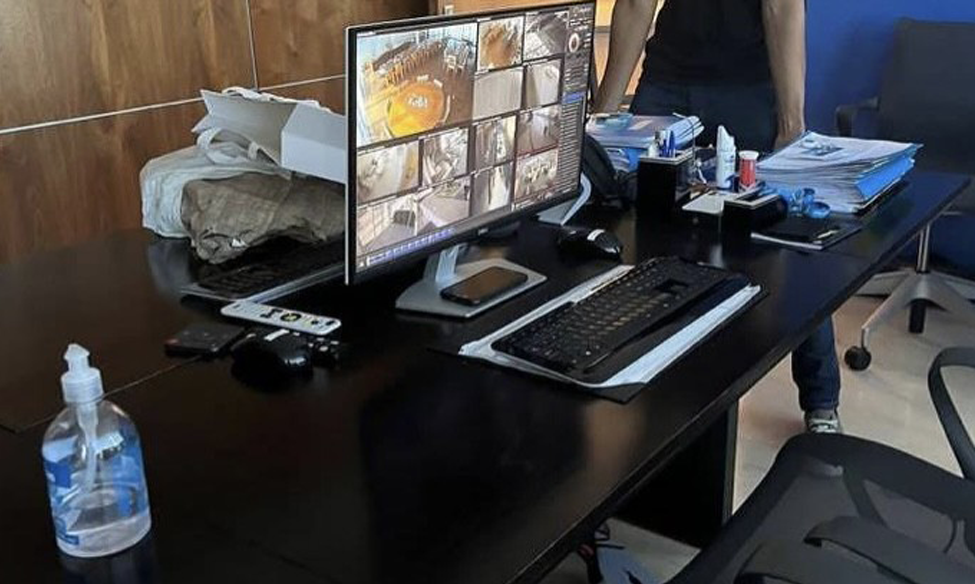
There was no doubt about it: the president of the biggest organisation in Brazilian football, one of the most important institutions in world sport, was setting up a scheme to spy on his employees and directors from his headquarters.
A modern Watergate, a Big Brother on watch without the consent of employees.
Two months after the order, the Barra da Tijuca headquarters emptied for the annual December holidays, when Brazilian football stops for a month. With no employees at the CBF, the presidential order to install spy cameras was easy to fulfil.
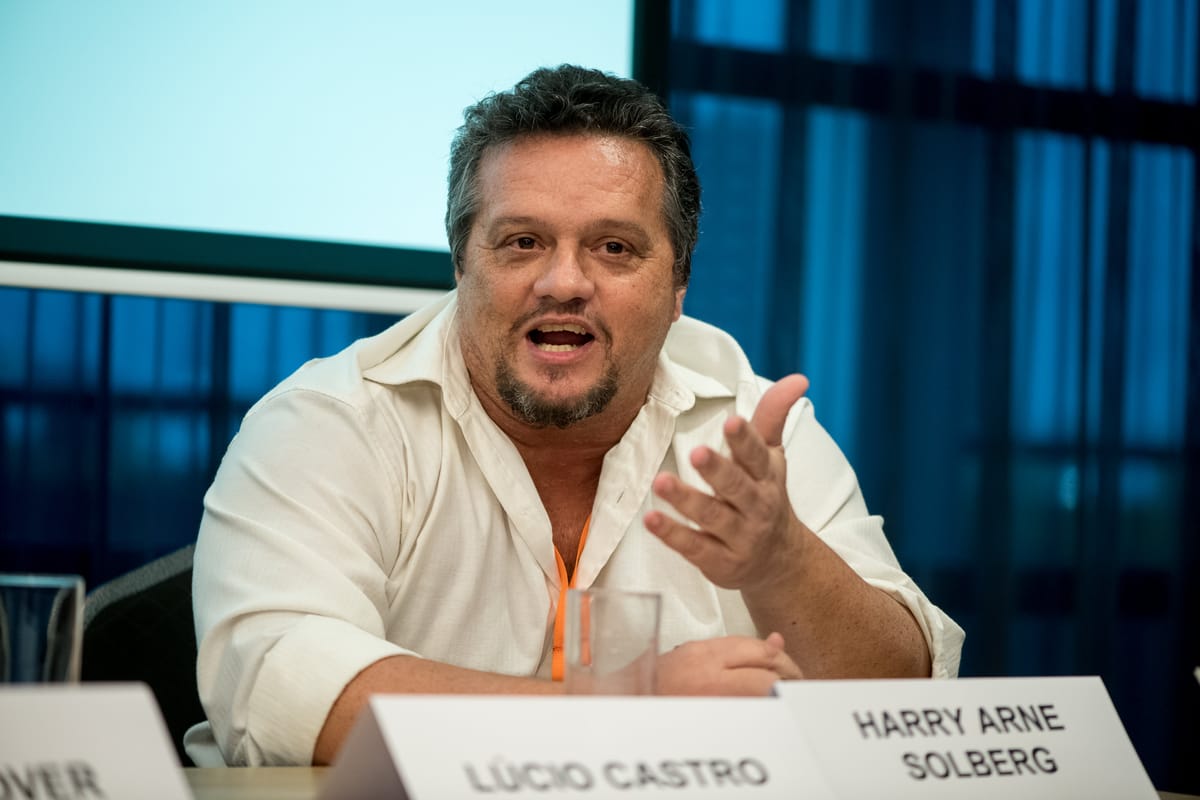
The idea seemed perfect: devices hidden in the smoke detectors of the restaurant collecting audio and images. The conversations and secrets of officials, managers, visitors, politicians, journalists, coaches ...
Shortly after the spy cameras were installed, work at the headquarters enabled Luísa Rosa, then CBF's director of infrastructure and assets, and her team to identify the apparatus: five cameras strategically placed in false smoke detector compartments, confirming the email photo taken by the author of the installation order.
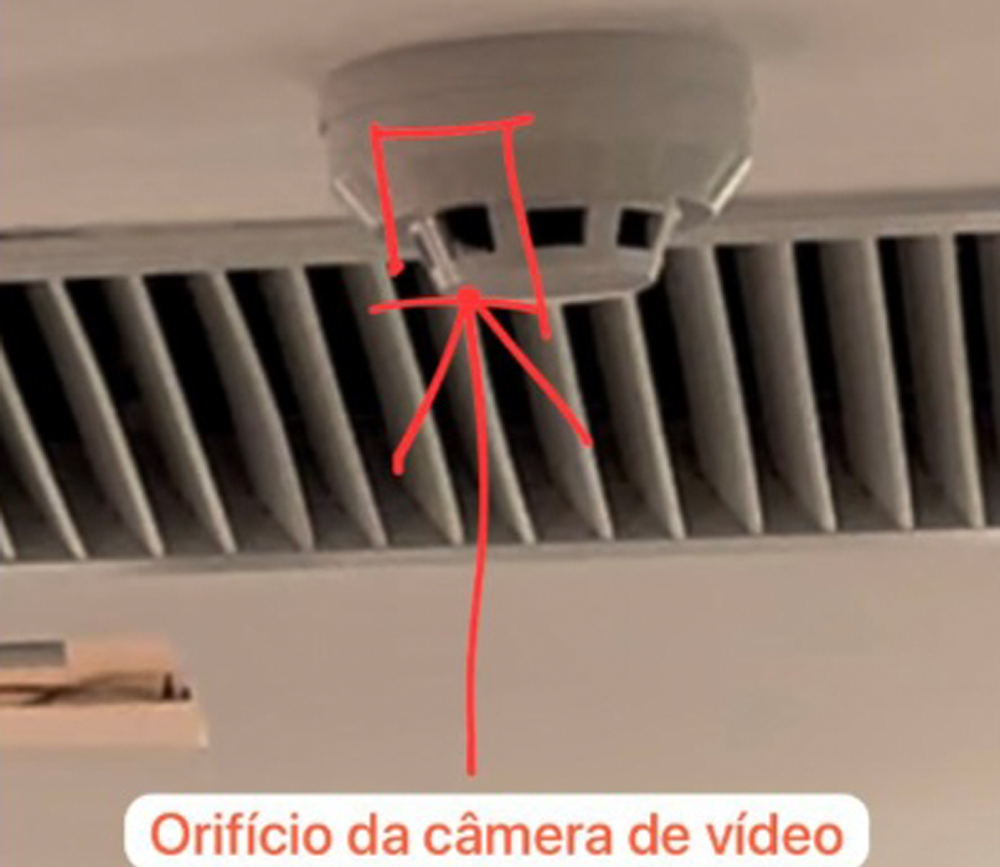
In a meeting room only the boss and a personal security guard had access to housed the last surprise, the final line in the president’s plot: the computer screen on Ednaldo Rodrigues' desk had control of all the cameras.
Much more than that: it had control over conversations of key people in the world of Brazilian football.
Complaint of harassment in court
The unbelievable Big Brother plot is now subject to an ongoing lawsuit filed by former director Luísa Rosa at the Regional Labour Court (TRT), where proceedings are being held in secret. THE INQUISITOR has had access to materials related to the case filed on 21 December 2023.
The lawsuit goes far beyond harassment through spying by the CBF president. Rosa has asked for the CBF to be condemned and for compensation to be paid for moral and sexual harassment and gender discrimination.
In the lawsuit, Rosa describes in detail what she went through in the three years she worked as director of the organisation. She claims that the CBF "decided to involve her in a marketing move, elevating her as 'the first woman director of the CBF', but, as has been said exhaustively, it was just an illusion: the plaintiff was belittled, the object of sexual jokes, called out by other members of the board…".
Rosa includes in the lawsuit numerous messages illustrating her claims, which amount to her having been made "a victim of moral and sexual harassment".
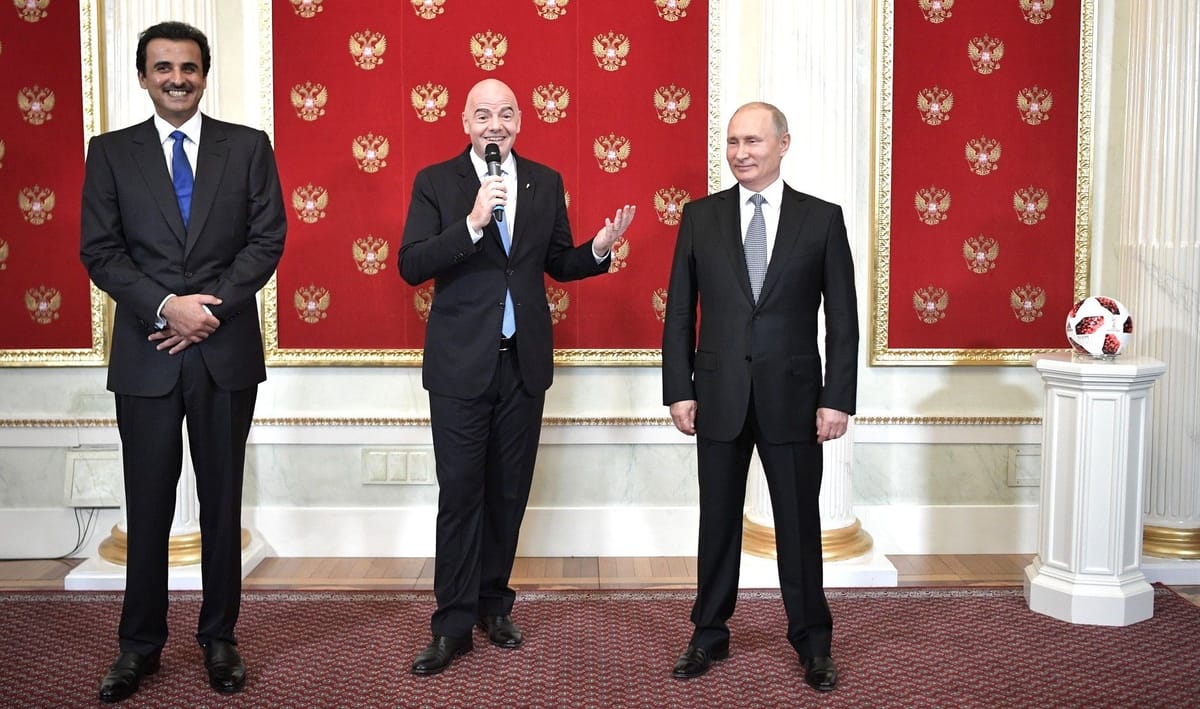
The claim is supported mainly by reports of the former director's relations with three CBF executives: president Ednaldo Rodrigues, Rodrigo Paiva (communications director) and Arnoldo Nazareth (operational general manager and president of the Amazonas federation).
In the reports on moral harassment in which she denounces the president, she describes the work environment at the confederation as a place where "harassing (regardless of the nature of the harassment) people would be the general rule of conduct of the CBF led by Ednaldo Rodrigues". Further, under his management, the boss "has established a real environment of harassment in the organisation. It is not surprising, therefore, that more than half of CBF employees would be afraid of retaliation against complaints."
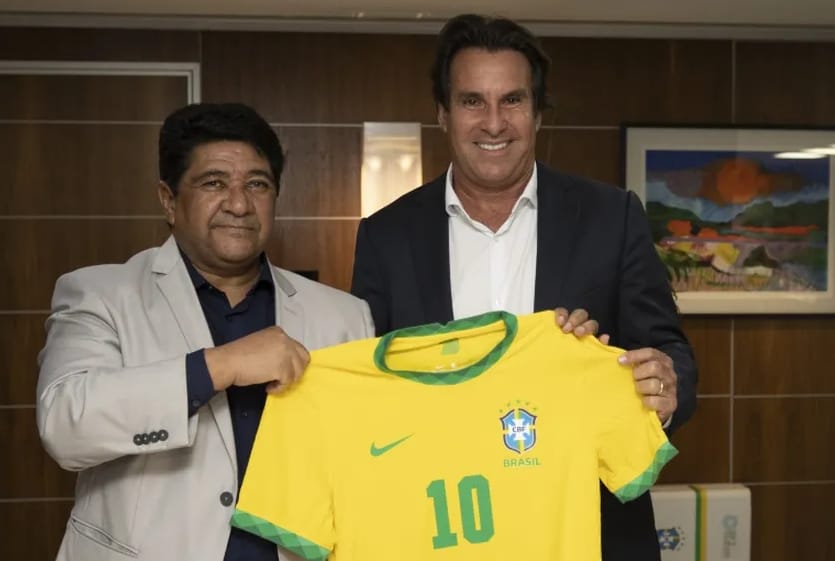
In the lawsuit, the former director of infrastructure and assets describes the actions of the CBF's communications director, Rodrigo Paiva, as follows:

